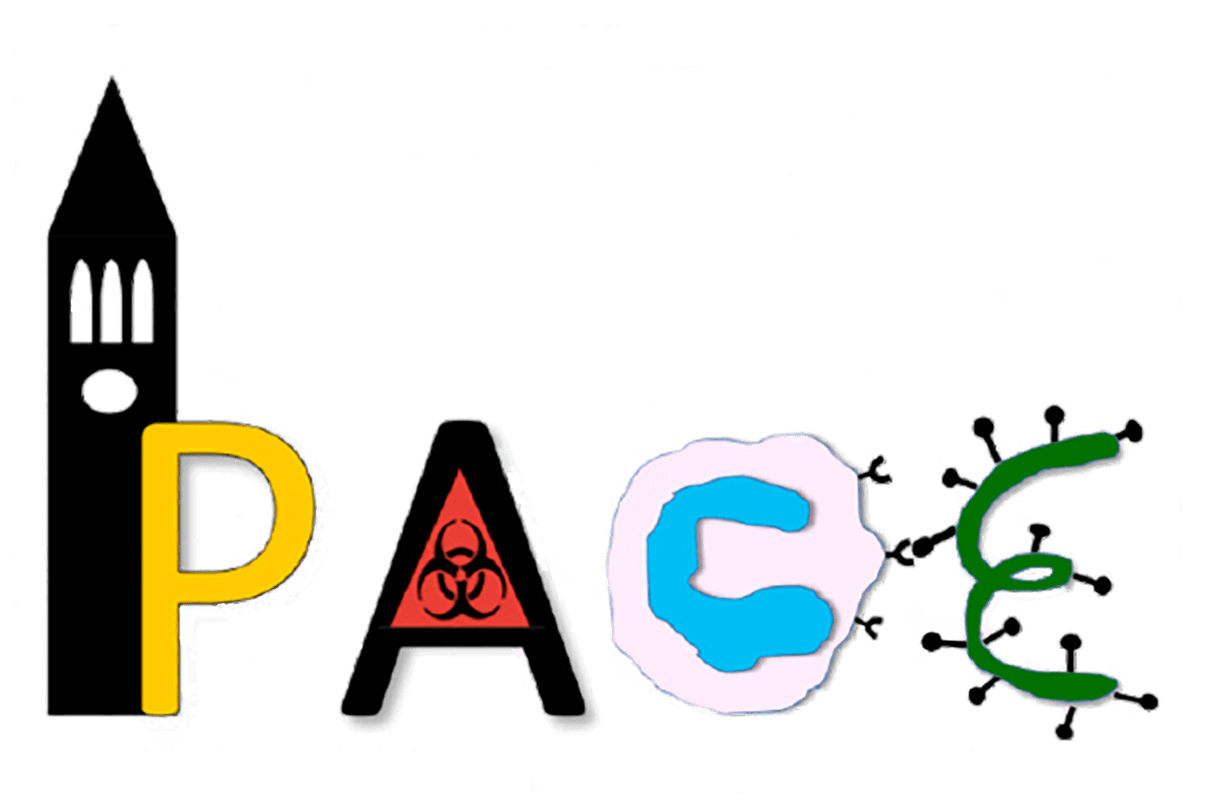Mentoring
Why would I want a Mentor?
A mentorship is a mutually beneficial relationship designed to help guide new and early career faculty through navigating the many challenges and rewards of professorship. Studies have shown that faculty who work with effective mentors have greater productivity, lower perceived stress levels, and a greater sense of belonging. The goal of this relationship is to provide the participant with mentoring advice on research, teaching, service, and generally on navigating an academic career.
Mentors can be a trusted resource for questions, a networking facilitator, and a support to safely discuss concerns. Through one-on-one, peer, and small group mentoring, new faculty are able to gain support in everything from familiarizing themselves with the institution, work-life balance, navigating unspoken policies and politics, and making the most out of their career.
What PACE Provides
We have composed a group of experienced faculty mentors from across Cornell University who will be paired up with each of our PACE participants to provide the most meaningful and practical mentoring for each individual scholar.
“The individualized and small group mentorship is irreplaceable and fills a gap for assistant professors who have lots of opportunities for PowerPoints and large workshops but limited opportunity for one-on-one supportive feedback.”
– Dr. Abigail Snyder, Food Science
Our plan for mentoring includes:
- A dynamic approach to ensure long-term success in biomedical research
- Individually-tailored mentoring for each participant
- A combination of one-on-one and group mentoring to cultivate supportive and inclusive professional networks
- Train-the-trainer workshops to prepare our faculty mentors to better serve our early-career faculty, and to prepare these faculty to become better mentors to their trainees
Additional Resources:
National Mentoring Resource Network (NMRN) – A national resource sponsored by the NIH committed to improving mentoring relationships and increasing diversity in the biomedical workforce.
Cornell Office of Faculty Development and Diversity Mentoring – A well-built guideline for mentoring complete with additional resources, a Small Group mentoring program, access to the National Center for Faculty Development and Diversity membership, and links to other useful mentoring programs and organizations.
CVM Mentoring Guidelines – CVM Intranet Access required
Mentoring guidelines for the College of Veterinary Medicine at Cornell University including potential problematic situations to navigate and potential solutions.

